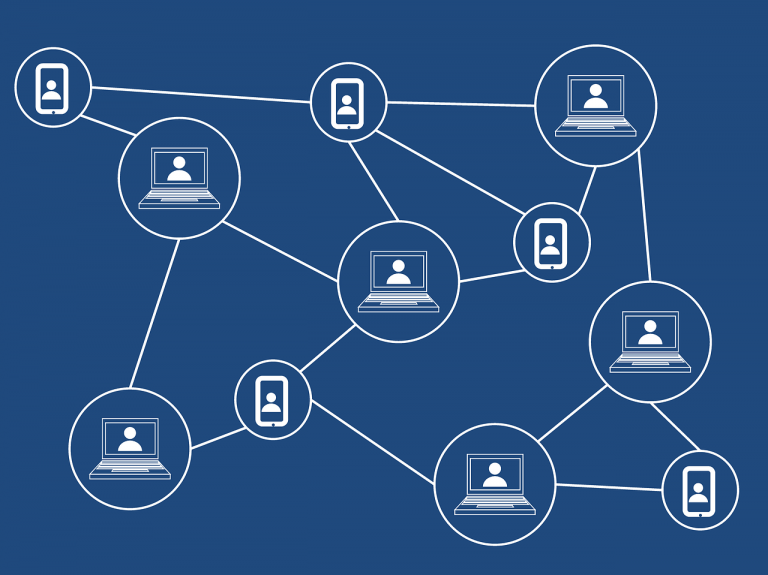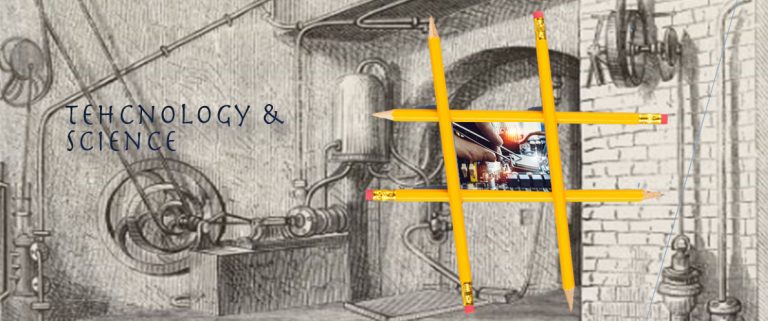Innovation, we don’t agree
According to many well known authorities on the subject the process of innovation consists of re-creating business models and building entirely new markets to satisfy unmet human needs; above all, it aspires to select and execute the right ideas, and bring them to market in record time.
We don’t entirely agree with this definition.
Traditional innovation in the business context meant seeking new technological solutions. However, in the 1990’s, the dissemination of Total Quality Management (TQM) – a management philosophy created by Deming (1986) gave birth to a new approach to innovation: to innovate, it was not only necessary to find new technological solutions, but also to explore new markets.
TQM was a proponent of new forms of contact with customers and new approaches to satisfying their needs.
In time, companies realized that it wasn’t enough simply to offer technological superiority and performance excellence as marketing advantages. Businesses started to adjust to this reality. Innovation was becoming more and more of an arduous and frequently frustrating task.
It was time to blaze new trails, greater success took a back seat to the absolute requirement of survival for most companies. We saw this in the electronics industry, music industry, hotel and travel industry, taxi services and Internet related businesses to name a few.
All of these observations indicated the need for us to look for paths to innovation in new ways: “Game Thinking”, and our rapid prototyping methodology we call 3i (Immersion – Ideation – Iteration)
We became obsessed with focusing on paths to uncover these new ways through multidisciplinary and collaborative perspectives that would render tangible innovative business solutions.
We primarily focus our energies on recurring revenue businesses and employ our brand of innovation: Immersion – Ideation – Iteration.







